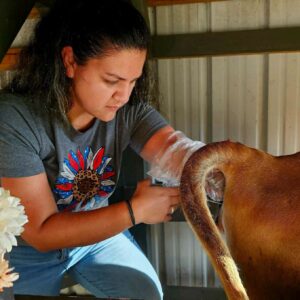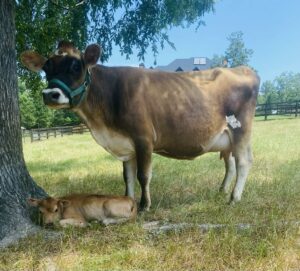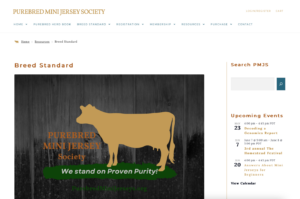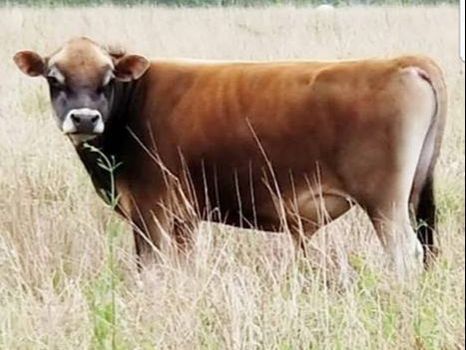
Like Tends To Produce Like
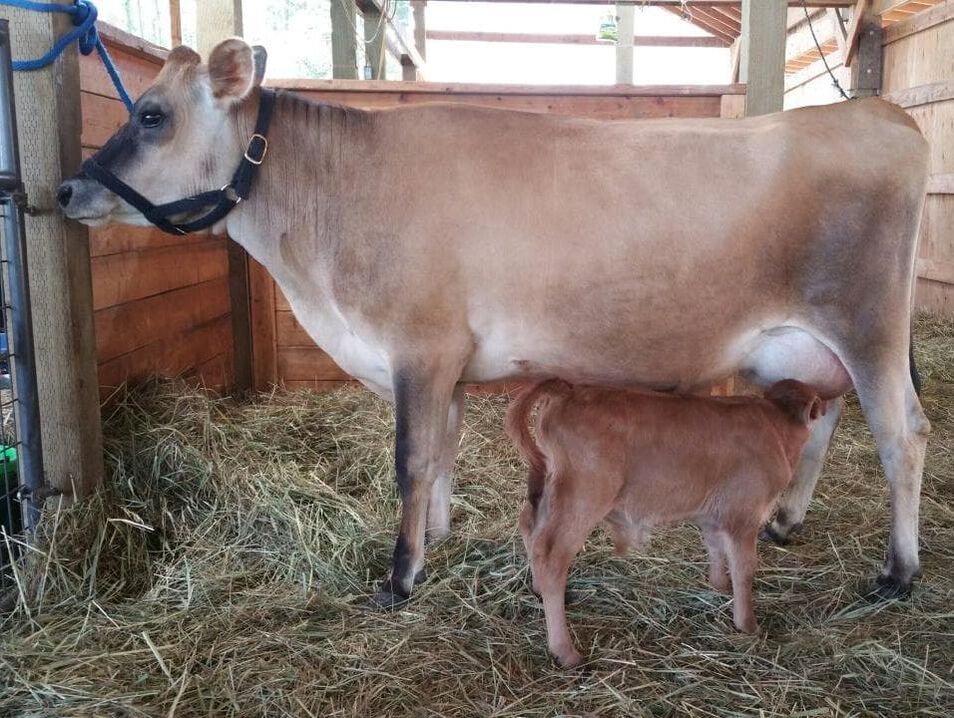
The law of nature, “like tends to produce like” means a bull tends to transmit to his offspring that which he has himself. If his ancestors, both male and female, were uniform in all that constitutes excellence, and he is individually good, he may be depended upon for producing good stock. If only part of his ancestors were good and the others not so good, he may transmit to his offspring poor qualities as well as good. He can only transmit traits he has in his genetics.
A long pedigree is not necessarily a good one, nor a short pedigree absolutely bad. The value of a pedigree is estimated not only by its length, but also by the quality of the cattle present. In selecting a bull to use to breed, the value of his dam should be taken into consideration (as well as that of his sire); her milking qualities should not be overlooked but weighed heavily. A bull with a good milking dam that has withstood the test of time is worth more, other things being equal, than a bull from a poor milker. As hinted above, the value of a bull depends upon his ability to produce uniformly good calves. To further confuse things, some bulls of great individual merit lack power, while other bulls throw calves better than themselves or the cows to which they are bred. This latter is one of the characteristics of a good bull.
Start By Critically Looking At Your Herd
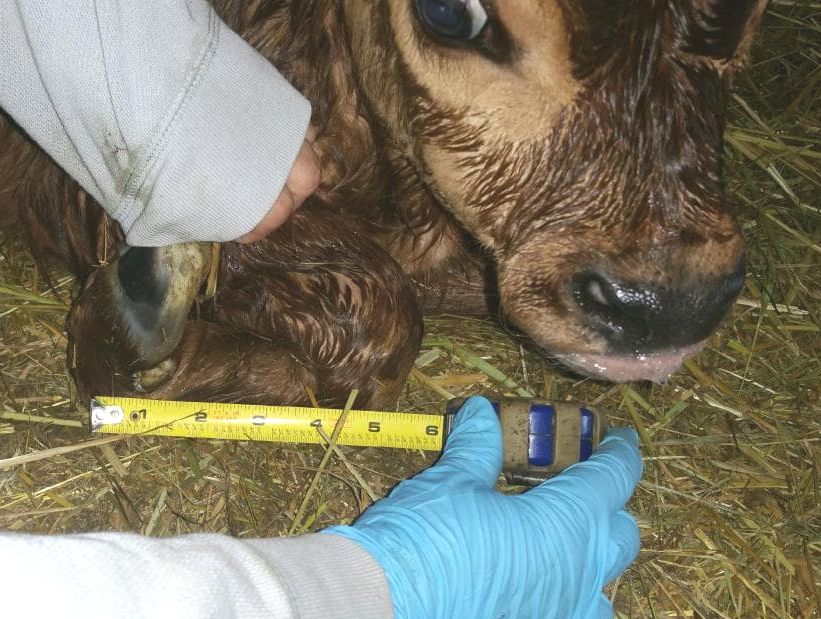
It’s impossible to always tell how well bulls will reproduce quality offspring until they’re tested; however, the trained eye can guess with approximate certainty as to the general character of the offspring. Genomic testing is a valuable tool and should never be overlooked.
A good breeding bull must be masculine in appearance. A bull with a light jaw, narrow face and forehead, slim horns, thin neck and shoulders is seldom an impressive sire. This does not imply that he should be coarse; on the contrary, he should be refined. Coarseness may be defined as unevenness, while fineness is the result of uniformity. Each part should be such that it fits smoothly and evenly to those which it joins. His overall appearance should be balanced.
You need to start by critically looking at what is going on in your herd. Are you happy with the herd’s overall conformation and performance, as well as with the calves you’re producing and ultimately selling? Look at your records. (Yes, you should maintain meticulous records to propel your herd forward.) Did you have a lot of calving problems? Are you happy with the health and condition at weaning? Do the calves have good temperament? Were you happy with the calves? Are the calves what the market is looking for? What are the weaknesses in your cows that you want to address?
These principles can be applied when choosing a bull to purchase or use for Artificial Insemination (AI). You’ll want to see at least full-body photos of his dam and sire taken directly from the side. Ideally, you’ll also want to see the dam’s udder and his siblings to get a feel for the traits the prospective herd sire will carry and bring into your herd. Do his strengths compliment your cow’s weaknesses?
Ask Yourself The Tough Questions
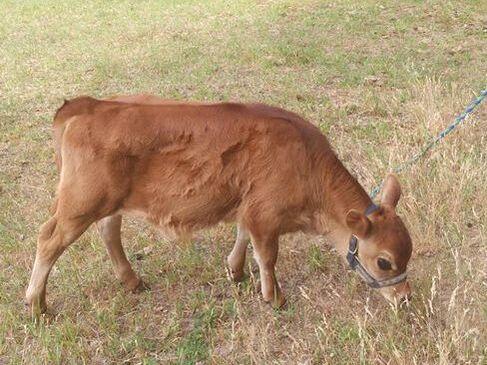
Honestly and critically asking questions like these can help you identify the characteristics you will need in your breeding bull. The purchase of a bull that has the genetic characteristics to address the issues you identify will help you move forward with a sound breeding program. It will be the difference between just buying a bull and buying a bull that will have a positive impact on your herd and long-term farm profitability.
While a bull is a small part of your herd in terms of the total animal number, he has a huge impact on your herd’s genetics. Half the genetic makeup of every calf comes from the bull. In addition, if you retain heifers sired by that bull for breeding, he has an influence on your herd’s overall genetics for as long as you retain those heifers in your herd as breeding animals.

Purchasing a bull is a major decision that will have a long-term impact on your herd. Your goal should be to make a purchase that will improve the overall performance of your herd, not just get your cows bred! A bull’s genetic influence is one of the most critical factors in your herd’s overall performance. The purchase of a new breeding bull has a big impact on your herd and future farm income. Getting the right bull could make the difference between profit and loss on many farms, no matter the size of your operation.
I hope you find this useful and refer to it in the future.
~Tracy, PMJS Advisory Board
